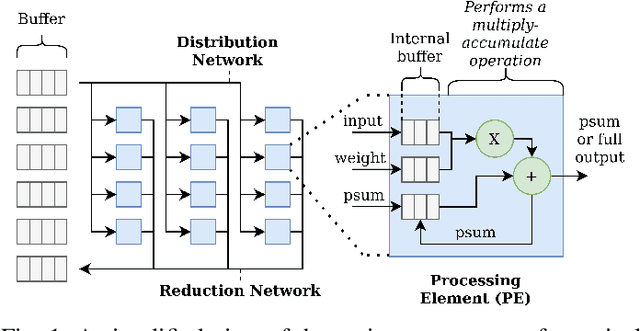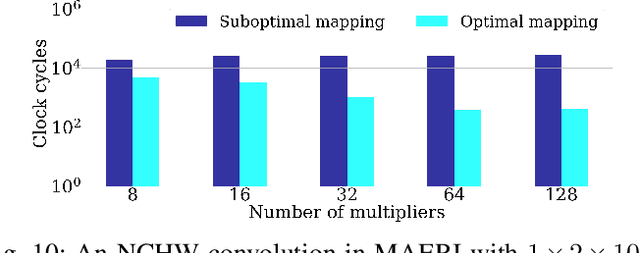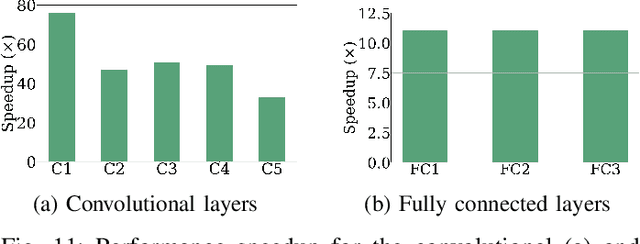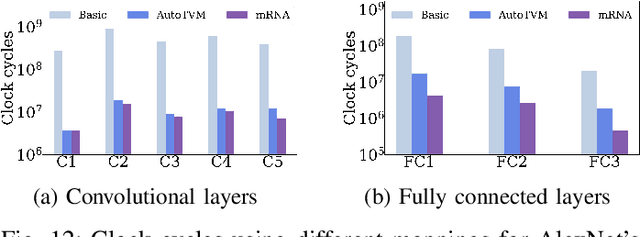Axel Stjerngren
Gemini 1.5: Unlocking multimodal understanding across millions of tokens of context
Mar 08, 2024Abstract:In this report, we present the latest model of the Gemini family, Gemini 1.5 Pro, a highly compute-efficient multimodal mixture-of-experts model capable of recalling and reasoning over fine-grained information from millions of tokens of context, including multiple long documents and hours of video and audio. Gemini 1.5 Pro achieves near-perfect recall on long-context retrieval tasks across modalities, improves the state-of-the-art in long-document QA, long-video QA and long-context ASR, and matches or surpasses Gemini 1.0 Ultra's state-of-the-art performance across a broad set of benchmarks. Studying the limits of Gemini 1.5 Pro's long-context ability, we find continued improvement in next-token prediction and near-perfect retrieval (>99%) up to at least 10M tokens, a generational leap over existing models such as Claude 2.1 (200k) and GPT-4 Turbo (128k). Finally, we highlight surprising new capabilities of large language models at the frontier; when given a grammar manual for Kalamang, a language with fewer than 200 speakers worldwide, the model learns to translate English to Kalamang at a similar level to a person who learned from the same content.
Gemini: A Family of Highly Capable Multimodal Models
Dec 19, 2023Abstract:This report introduces a new family of multimodal models, Gemini, that exhibit remarkable capabilities across image, audio, video, and text understanding. The Gemini family consists of Ultra, Pro, and Nano sizes, suitable for applications ranging from complex reasoning tasks to on-device memory-constrained use-cases. Evaluation on a broad range of benchmarks shows that our most-capable Gemini Ultra model advances the state of the art in 30 of 32 of these benchmarks - notably being the first model to achieve human-expert performance on the well-studied exam benchmark MMLU, and improving the state of the art in every one of the 20 multimodal benchmarks we examined. We believe that the new capabilities of Gemini models in cross-modal reasoning and language understanding will enable a wide variety of use cases and we discuss our approach toward deploying them responsibly to users.
Bifrost: End-to-End Evaluation and Optimization of Reconfigurable DNN Accelerators
Apr 26, 2022



Abstract:Reconfigurable accelerators for deep neural networks (DNNs) promise to improve performance such as inference latency. STONNE is the first cycle-accurate simulator for reconfigurable DNN inference accelerators which allows for the exploration of accelerator designs and configuration space. However, preparing models for evaluation and exploring configuration space in STONNE is a manual developer-timeconsuming process, which is a barrier for research. This paper introduces Bifrost, an end-to-end framework for the evaluation and optimization of reconfigurable DNN inference accelerators. Bifrost operates as a frontend for STONNE and leverages the TVM deep learning compiler stack to parse models and automate offloading of accelerated computations. We discuss Bifrost's advantages over STONNE and other tools, and evaluate the MAERI and SIGMA architectures using Bifrost. Additionally, Bifrost introduces a module leveraging AutoTVM to efficiently explore accelerator designs and dataflow mapping space to optimize performance. This is demonstrated by tuning the MAERI architecture and generating efficient dataflow mappings for AlexNet, obtaining an average speedup of $50\times$ for the convolutional layers and $11\times$ for the fully connected layers. Our code is available at www.github.com/gicLAB/bifrost.
 Add to Chrome
Add to Chrome Add to Firefox
Add to Firefox Add to Edge
Add to Edge